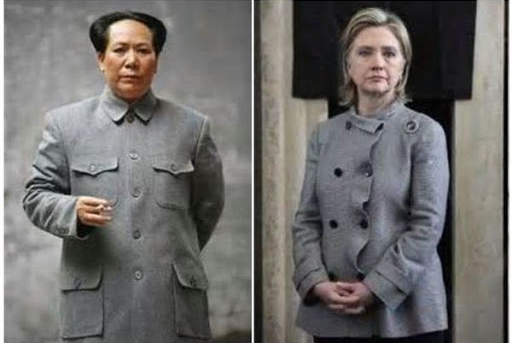
Mao's Legacy
The book China After Mao: The Rise of a Superpower is a chronicle of China’s rise to world power. Award-winning Dutch author Frank Dikötter is a China expert who bases his research on access to government documents and what he witnessed. H...
along with the millions murdered by the CCP regime over the years.

